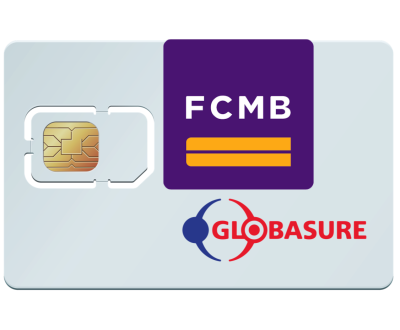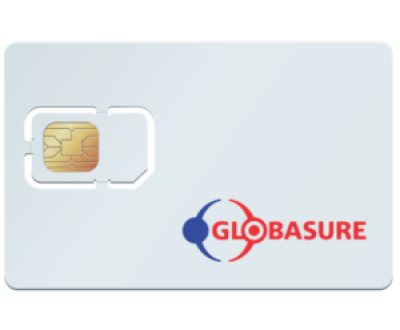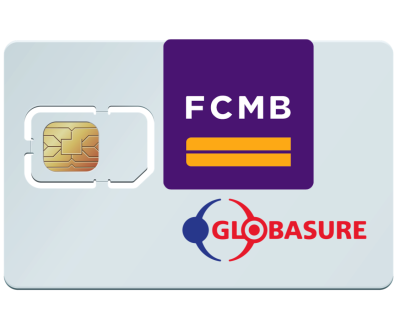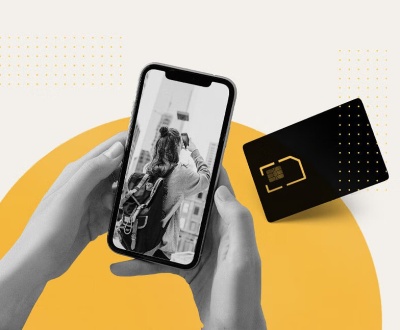The MD/CEO Globasure Technologies Limited Mr Chris Ife, Examines the roles of the Central Bank of Nigeria (CBN) and the Nigerian Communications Commission (NCC) in driving cashless initiative.
The Central Bank of Nigeria (CBN) had in January 2011 announced the commencement of cashless policy in Nigeria, beginning with Lagos as a pilot scheme. The policy was designed to modernise payment system in the country, promote financial inclusion, minimise financial leakages, and to increase internally generated revenues. Having been successfully implemented in Lagos State, CBN extended the cashless initiative to Rivers, Kano, Ogun, Anambra and Abia states as well as the Federal Capital Territory (FCT) from July 1, 2013.
Although the cashless initiative is bank-led, it is largely driven by telecommunications infrastructure provided by telecoms operators that operate at the background in driving the cashless policy. Telecommunications’ regulatory body, the NCC, has been very contributory to the success of the cashless policy, through its regulatory control and enforcement of rules that have promoted cashless policy in the country.
Under the policy, the CBN pegged daily cumulative cash withdrawal or deposit limit for individual accounts at N500, 000 per day and N3 million per day for corporate accounts.
However, to avoid the penal charges associated with withdrawing and depositing funds above the prescribed limits, banks have rolled out various electronic payment platforms to ease the burden associated with carrying cash.
New Initiative
In order to make the cashless policy hitch-free in the states where it has been extended to, CBN recently announced the deferment of charges for individuals and corporate account holders who wish to withdraw or lodge cash above the prescribed limits. The charges were deferred till October 1, 2013. CBN had pegged charges for cash withdrawals above the limit for individual accounts at three per cent of the total withdrawal, and five per cent of the total withdrawal for corporate accounts, but decided to defer such charges till October 1, this year, for the Federal Capital Territory and the other five additional states that the cashless policy has been extended to.
The Director, Corporate Communications at CBN, Mr. Ugochukwu Okoroafor, who announced the new initiative, said “CBN did the same when the policy was first introduced in Lagos State. We want to make sure that we carry every state along and we will continue to sensitise Nigerians on the benefits.”
NCC-CBN Collaboration
The Nigerian Communications Commission (NCC), the telecoms industry regulator, is poised at improving service quality across networks. It is collaborating with the CBN to drive cashless economy, in the area of service quality, since the telecoms operating companies, which the NCC regulates, is providing the infrastructure and the platform on which the cashless policy runs.
According to the Executive Vice Chairman of NCC, Dr. Eugene Juwah, Nigeria needs a functional cashless economy that is driven by mobile money and to achieve this, the infrastructure driving it must be robust to carry data from one network to another.
“For this reason, NCC is doing everything possible to ensure that the CBN’s initiative on cashless is sustained through a robust telecoms infrastructure,” Juwah pointed out.
He called on all financial institutions that were registered and licensed by CBN to drive the cashless policy with much commitment, in order to ensure sustainability of the policy, which he said, was already yielding results, since its introduction.
NCC’s SMP
According to Juwah, the commencement of the five-year Strategic Management Plan (SMP) for the information and communications technology (ICT) industry will further boost cashless initiative in the country, since it was meant to address the issue of service quality among other things.
Projected from 2013 to 2017, the plan seeks to address all the challenges in the telecoms sector, with a view to setting up roadmap that will guide and promote telecommunications activities in the next five years, beginning from this year.
Value-added Services
Another area that will boost the cashless initiative is in new innovation and value-added services.
The NCC said it was keen at encouraging telecoms subscribers to increase their value-added services, to further drive cashless economy.
Globasure is a provider of simple, smart payment solutions.
More from our blog
See all postsRecent Posts
- A Traveler’s Guide to Roaming SIM Cards: How Do They Work? October 16, 2023
- How to Choose the Right Roaming SIM for Your International Trip October 10, 2023
- Tips for using a roaming SIM October 3, 2023
All Website Tags
Leave a Comment cancel
This site uses Akismet to reduce spam. Learn how your comment data is processed.









 WhatsApp us
WhatsApp us